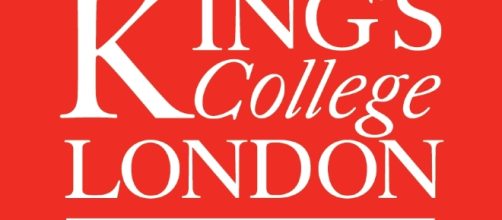The attainment gap crisis in education!
Although various initiatives have been introduced in an attempt to bridge the expanding degree attainment gap, there still seems to be strong evidence that it exists. Findings from the annual Equality in Higher Education Statistical Report (2014) certainly seem to suggest this:
- In 2013, 73.2% white pupils in the UK got a 2:1 or above
- Only 57.1% of black and minority ethnic pupils achieved this
Whilst it would be useful to evaluate these findings independently, the reasons put forward for the education attainment-gap seem far more complex and perhaps even confusing when other factors come into play.
For one, if we consider how different factors are usually looked at together (like ethnic and social factors) in discussions about attainment, then it would be impossible to look at the figures above as the whole story, - we would need to consider all factors in order to determine the reason for un-attainment. And considering the many reasons that have been put forward (like age of student and gender), it is clear that the amount of research available right now is not enough to propose any solid conclusions.
Why, for example, is the effect of disadvantage and inequality on attainment so significant? And if disadvantage and inequality do present an obstacle to achieving degree attainment, then how can educational institutions possibly hope to address and resolve this issue?
Liberate our Education
This week, the world-renowned university King’s College London will be attempting a first in its many years as an institution, and perhaps a first for the UK. Opening its doors from 27th February until 3rd March, King’s will play host to a series of events that include seminars, activities and screenings, all exploring the nature of the attainment-gap in the UK, and addressing key issues regarding the underrepresentation of its BME students. It is an opportunity for King’s society to “listen, learn and take action”, in the hopes of creating a more welcoming and “inclusive” culture at the university.
With an entire week of events, including a series of performances on themes relating to education and identity, and a few creative activities for everyone the get involved in, King’s College London seems to have designed a fresh and exciting programme that not only celebrates diversity in its students and staff but encourages it.
And perhaps by making BME students believe that they do have a voice and have access to the same resources and opportunities as white students, this might just prove an effective way of tackling the issue of inequality.
As well as listening to the opinions of students and teachers, the university will also hold an event with a panel of experts, directly followed by a Q&A. The impressive panel, which includes researcher on inequality and education at LSE, Dr Akile Ahmet, will work to propose explanations for the education attainment gap, and explore the kind of impact this has had on students. The hope is that the event will encourage student and teacher feedback about their different experiences and lead to a better understanding of their perspectives on underrepresentation at the university.
Where any adverse feedback is found, appropriate interventions can be put into place. After all, it is only learning what these issues are, that institutions like King’s can turn information into policy, and policy into a positive outcome.
Why this will be a good thing
On the whole, ‘Liberate our Education Week’ sounds like a great idea - one that will hopefully focus an existing debate into a much deeper discussion, and lead to new ways of solving an old problem.
So whether this week will be a success or not, I certainly hope to see more events and discussions happening across the country. Though, two things we can be certain of; we need more conclusive research, and without finding a long-term solution it is likely that the existing education system will continue to divide students.

